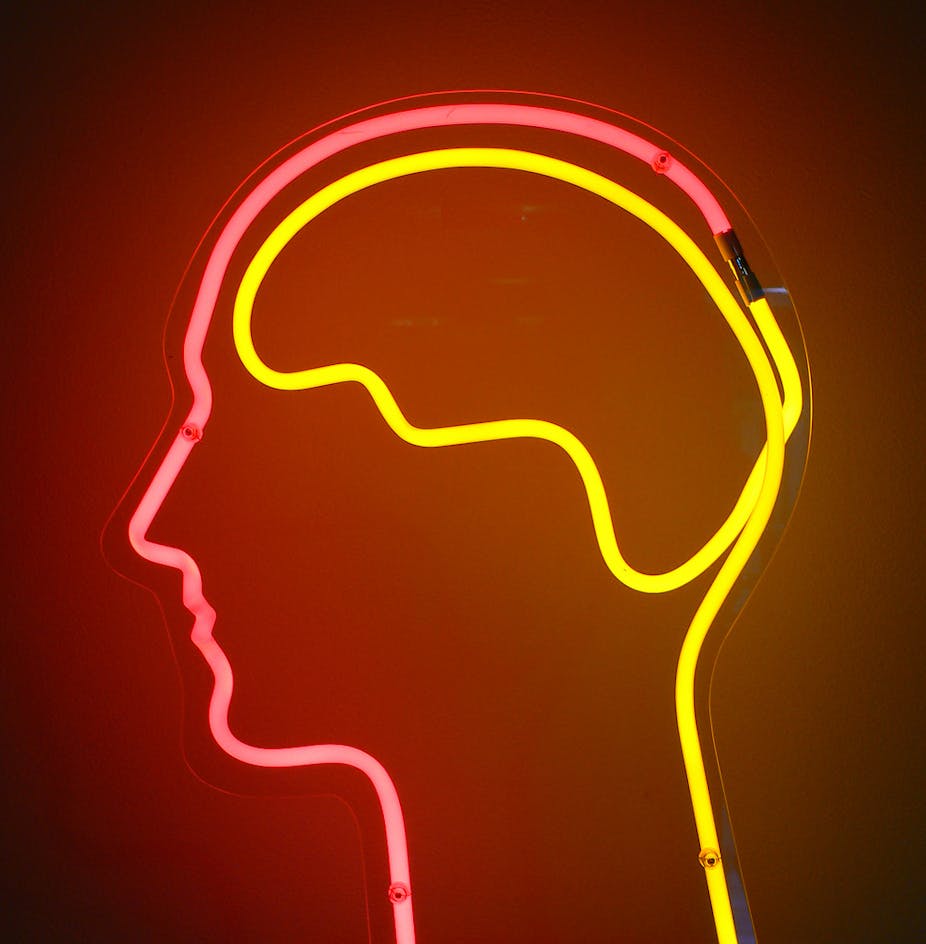Dieting can cause brain cells to eat themselves, a new study has found.
In a paper published by the journal Cell Metabolism, US researchers report that tests on mice revealed that hunger triggers a process called autophagy in the hypothalamus.
Autophagy is a natural process that cells normally use to break down parts that are no longer needed.
The US researchers wanted to know how restricting food affected brain cells called agouti-related peptide neurons (AgRP), which are known to play a role in managing appetite.
Starving the mice caused the AgRP neurons to consume fats within their own structure, the study found.
At the same time, certain fatty acids start to “mobilise” in the brain, causing more AgRP neurons to be produced and hunger signals to intensify.
Similar tests were done on specially bred mice that do not have the right genes to trigger autophagy in the hypothalamus. After being starved, these mice ate less food than the natural mice.
In future, scientists may be able to manipulate the process of autophagy in the brain to curb hunger, the researchers said.
“Regulation of hypothalamic autophagy could become an effective intervention in conditions such as obesity and the metabolic syndrome,” the paper said.

